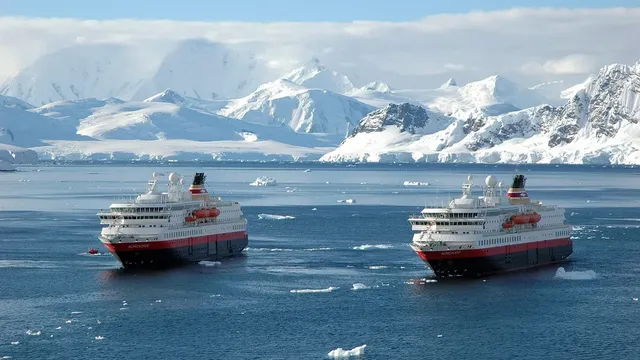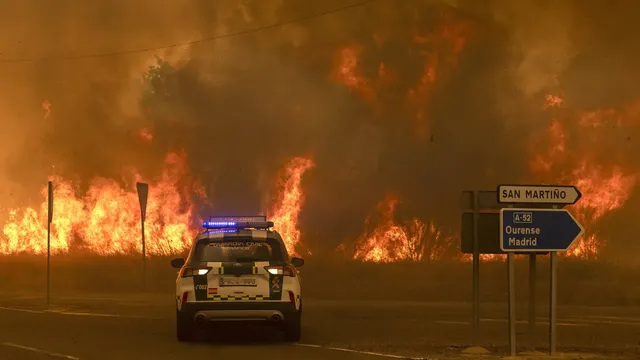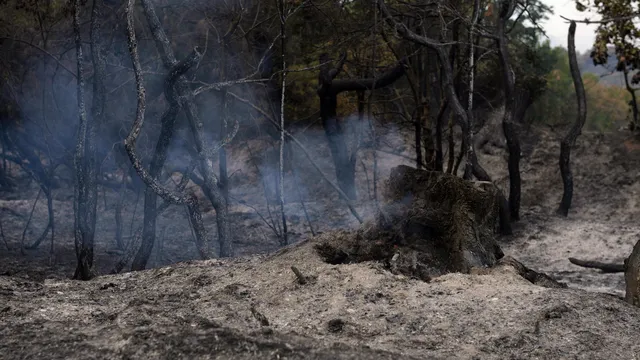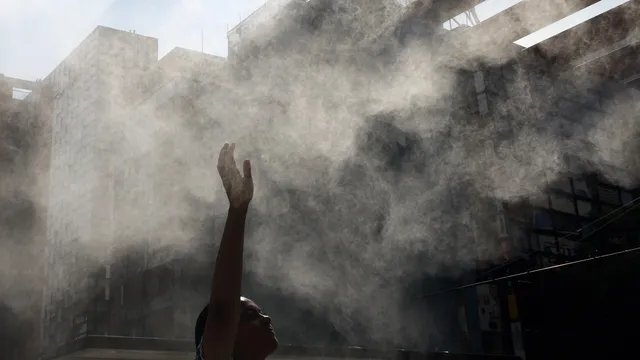Antarctica is at risk of sudden and potentially irreversible changes to its oceans and ecosystems due to melting glaciers, which could have profound consequences for Australia, Interesting Engineering reports. The study, published in the journal Nature, was conducted by scientists from the Australian National University, the University of New South Wales, Australia’s leading Antarctic research centers, with the participation of international partners. They studied changes to the Antarctic continent that have a global climate effect, especially on sea levels and ecosystems.
The researchers say the West Antarctic Ice Sheet (WAIS) is at serious risk of collapse, which could raise sea levels by up to three meters. This threatens coastal cities and communities around the world. Signs of change have been found in Antarctica’s ice, oceans and ecosystems, and they are expected to worsen with each degree of global warming. The loss of Antarctic sea ice is the latest sudden change that has a number of side effects, including making the floating ice shelves around Antarctica more vulnerable to wave action.
As sea ice disappears from the ocean surface, it changes the amount of solar heat that the climate system absorbs. This is expected to intensify warming in Antarctica. This could cause irreversible changes, including the collapse of ice shelves and the loss of vulnerable parts of the Antarctic Ice Sheet.
Professor Matthew England of the University of South Wales and the Australian Centre for Excellence in Antarctic Science said the dramatic changes could have serious consequences for Australia. “The implications for Australia include rising sea levels, which will impact coastal communities, a warmer and more oxygenated Southern Ocean that is less able to remove carbon dioxide from the atmosphere, leading to more intense warming in Australia and beyond, and increased regional warming due to the loss of Antarctic sea ice,” Professor England said.
Changes in Antarctica could have devastating impacts on wildlife and ocean ecosystems. The loss of Antarctic sea ice is putting the emperor penguin at increased risk of extinction. Krill and other penguin and seal species are also threatened. Key phytoplankton species are increasingly affected by ocean warming and acidification.
Scientists say existing efforts, including the Antarctic Treaty System, are not enough. And the only way to avoid further abrupt changes and their long-term consequences is to reduce greenhouse gas emissions to limit global warming to around 1.5 degrees Celsius.
Melting glaciers
Scientists have already warned that the Thwaites Glacier in Antarctica is showing signs of instability. This glacier keeps the ice shelf from falling into the ocean. But its collapse threatens to raise sea levels. Signs of climate change have also been recorded in the north - the glaciers of Spitsbergen, located north of Norway, lost a colossal mass of ice in the summer of 2024. About one percent of the total ice mass was lost during the season. This exceeded all previous observations. | BGNES

 Breaking news
Breaking news
 Europe
Europe
 Bulgaria
Bulgaria







